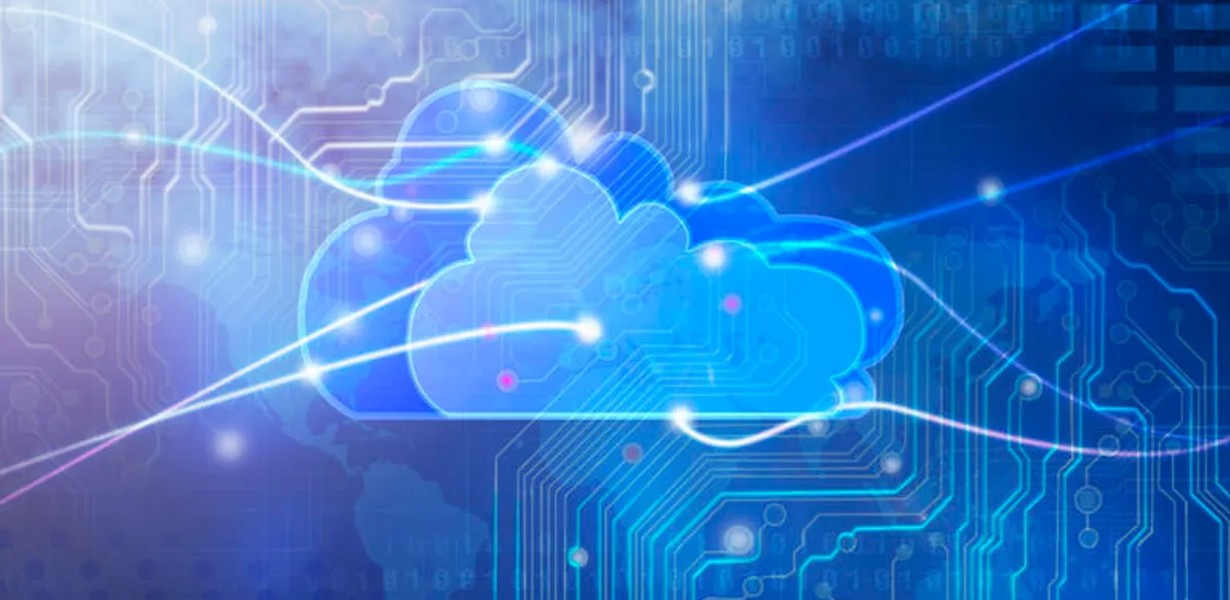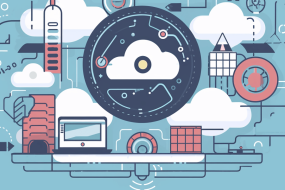
In the digital age, real-time data processing is the cornerstone of modern business operations. The fusion of edge computing and enterprise cloud hosting has opened new frontiers, making it possible to process data closer to its source, unlocking the full potential of IoT applications. In this article, we’ll explore the synergistic power of edge computing and enterprise cloud hosting and how it’s revolutionizing real-time data processing.
The Edge Computing Paradigm
Edge computing represents a paradigm shift in data processing, where data is processed closer to the source, rather than relying solely on centralized cloud servers.
Reducing Latency
One of the primary advantages of edge computing is the drastic reduction in latency. By processing data closer to where it’s generated, we can achieve real-time processing, which is crucial for applications like autonomous vehicles and remote surgeries.
Scalability and Flexibility
Edge computing allows for decentralized scalability, enabling businesses to adapt quickly to changing demands. It’s a cost-effective solution that can handle IoT devices of varying scales without overwhelming the central cloud infrastructure.
Convergence with Enterprise Cloud Hosting
The integration of edge computing with enterprise cloud hosting is a game-changer. It combines the local processing capabilities of edge computing with the vast resources and storage capabilities of cloud hosting.
Real-time Data Synchronization
The convergence enables real-time data synchronization. Data collected at the edge is seamlessly transmitted and processed in the cloud, ensuring that businesses have access to up-to-the-minute insights.
Enhanced Security
With edge computing, sensitive data remains at the source, reducing the risk of data breaches during transit to the cloud. Enterprise cloud hosting adds an extra layer of security, making it a formidable duo for protecting valuable information.
IoT Applications and Edge Computing
The Internet of Things (IoT) is rapidly evolving, with edge computing playing a pivotal role in realizing its potential.
Smart Cities
Edge computing is transforming cities into smart cities, where data from sensors and cameras are processed at the edge to optimize traffic flow, reduce energy consumption, and enhance security.
Healthcare Innovation
In healthcare, edge computing enables real-time monitoring of patients’ vital signs, allowing doctors to make instant decisions, even in remote areas.
Overcoming Challenges
While the integration of edge computing and enterprise cloud hosting offers substantial benefits, it also comes with its set of challenges.
Data Management
Managing data at the edge can be complex. Proper data governance and management strategies are essential to avoid data sprawl and ensure data integrity.
Network Reliability
Edge computing heavily relies on network connectivity. Ensuring network reliability and security at the edge is crucial for uninterrupted data processing.
Final Words
The marriage of edge computing and enterprise cloud hosting is revolutionizing real-time data processing and IoT applications. It offers reduced latency, scalability, and enhanced security. This technological synergy empowers smart cities, healthcare innovation, and much more. As businesses adapt to this transformative shift, they must overcome data management and network reliability challenges to unlock the full potential of this powerful combination.
Commonly Asked Questions
Q1: How does edge computing reduce latency in real-time data processing?
Edge computing processes data closer to its source, reducing the time it takes for data to travel to a central server, enabling real-time processing.
Q2: What is the role of enterprise cloud hosting in edge computing?
Enterprise cloud hosting complements edge computing by providing vast resources, storage capabilities, and enhanced security for synchronized data processing.
Q3: How is edge computing impacting IoT applications in smart cities?
Edge computing optimizes traffic flow, reduces energy consumption, and enhances security in smart cities by processing data from sensors and cameras in real-time.
Q4: What challenges are associated with managing data at the edge?
Managing data at the edge requires proper data governance and management strategies to prevent data sprawl and ensure data integrity.
Q5: How crucial is network reliability in edge computing?
Network reliability is essential in edge computing to ensure uninterrupted data processing. A reliable network is crucial for real-time applications.
Advertisement







